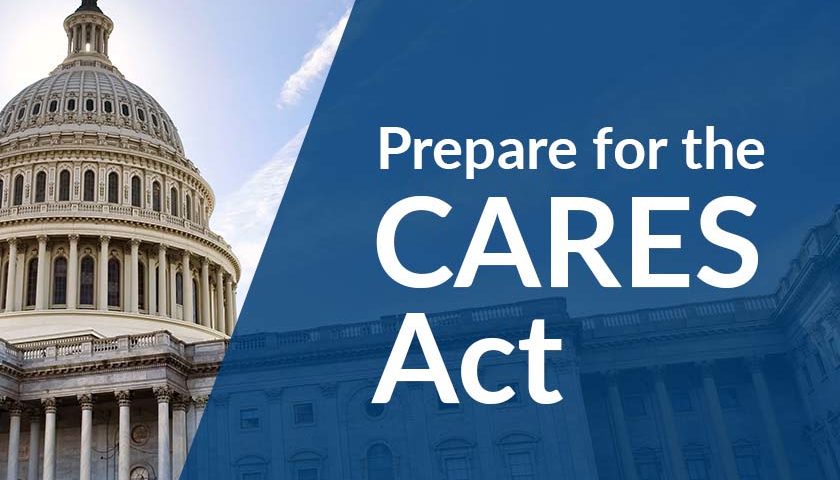By: Kim Smith, CPA, Tax Shareholder
Kim is a shareholder, a member of the JMF Tax Department and in charge of the JMF State and Local Tax (SALT) group. With over 20 years of experience, she assists clients with corporate, partnership, and individual income tax reporting as well as complex multi-state income and sales tax issues.
The CARES Act allowed employers to defer deposits of their 6.2% share of Social Security taxes due from March 27, 2020 through December 31, 2020. Half of the deferred amount is due by December 31, 2021 with the other half due by December 31, 2022. Employers are not required to defer these taxes and may continue to pay any 2020 liability in a timely manner.
If a taxpayer chose to defer these taxes, they may have also deferred the income tax deduction. The timing for the income tax deduction depends on the employer’s method of accounting.
Cash basis taxpayers are allowed a deduction of employment taxes in the year the taxes are deposited with the IRS. If the taxpayer deferred taxes until 2021 and 2022, the deduction is deferred to the year when the taxes are deposited. The taxpayer should consider this when deciding whether to pay the taxes due in 2021 (50% of the deferral). The taxpayer can accelerate the employment tax deduction if the full deferral period is not used.
For an accrual method taxpayer, the timing of the deduction is a bit more complicated. Accrual method taxpayers generally are allowed an income tax deduction in the taxpayer year when the “all-events” test is met and economic performance occurs.
The all-events test is met during a year in which all the events have occurred that establish the fact of a liability and the amount of the liability can be determined with reasonable accuracy. The all-events test is met with respect to wages (normal wages and salaries) when the employee provides the services to earn the compensation. At that point, the employer is legally obligated to pay the employee for his services. Economic performance is met when the taxes are paid to the government.
Accrual basis taxpayers who have made the recurring item exception for payroll taxes have the opportunity to defer payment until 2021 and still deduct the amount in 2020. The liability must be paid before the earlier of the date the employer timely files its federal income tax return (Including extensions) for that taxable year or the 15th day of the 9th month after the close of that taxable year. For a calendar year taxpayer to have the ability to deduct the deferred taxes, the taxes must be paid by the earlier of the actual date the return is filed or September 15, 2021. Consideration must be given to when the taxes will be paid and if the taxpayer needs to delay filing their income tax return until the extended due date to ensure deductibility.







Leave A Comment
You must be logged in to post a comment.